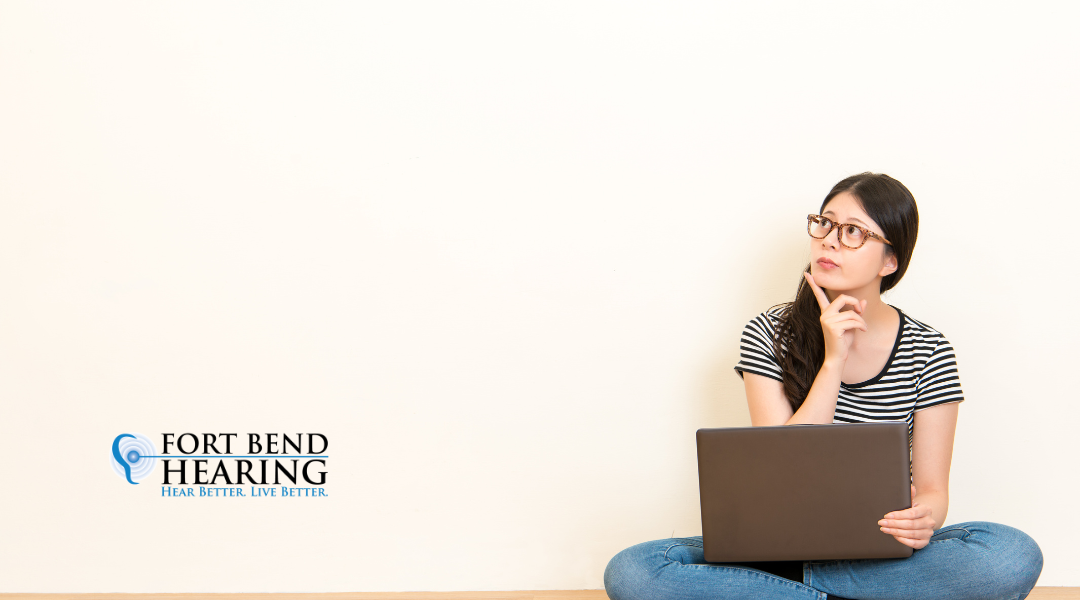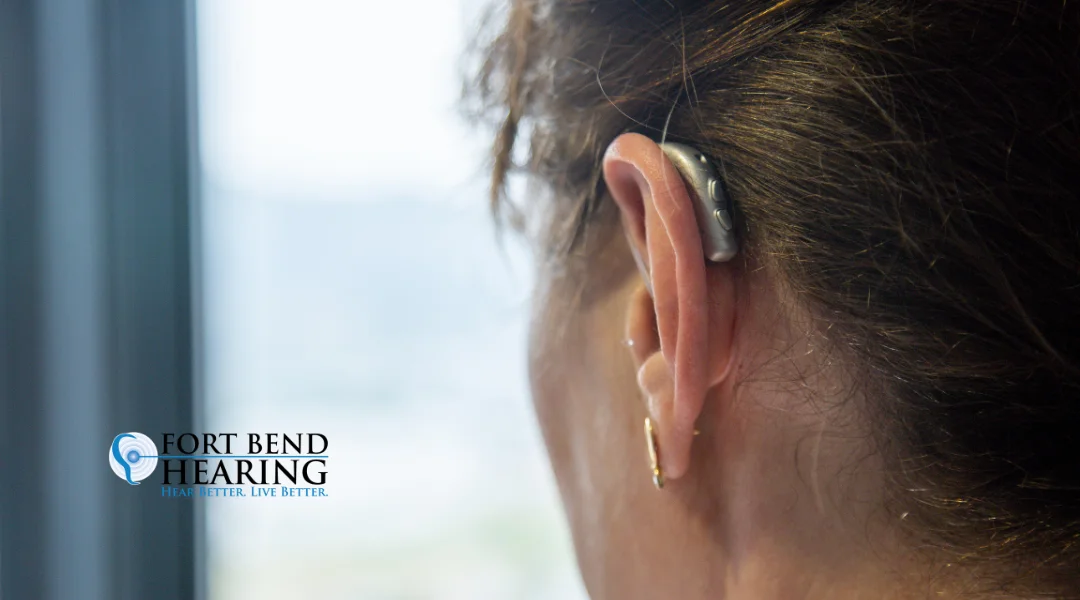The Over-the-Counter Hearing Aid Act was passed in 2017, and it’s highly probable that this will make hearing aids available for purchase without professional consultation. The new category of OTC devices is designed specifically to help adults with mild or moderate losses.
Who may benefit from over-the-counter hearing aids?
OTC hearing aids are initially designed for adults with mild-to-moderate hearing loss. They are not recommended for kids or adults with severe to profound hearing loss because over-the-counter hearing aids may not be powerful enough to amplify sounds the way prescription hearing aids do.
While over-the-counter hearing aids may offer some sort of help for mild hearing problems, they are incapable of providing relief and treatment for more serious hearing issues.
While some consumers are pleased with the current set up of hearing aids to be sold over the counter, hearing healthcare professionals are trying to educate the public that addressing hearing loss goes beyond purchasing a hearing device.
Additionally, OTC hearing aids may be offered at attractive price points but if you look at it from a medical point of view, they don’t really cover the professional services of audiologists including real ear measurements, programming, and fitting.
Over the Counter Hearing Aids: Not for Severe Hearing Loss
Severe hearing loss falls in the range of 71 to 90 decibels (dB). Meanwhile, profound hearing loss falls above 90 decibels. Individuals with severe to profound hearing loss will have difficulties hearing speech and sounds within a room, although they can most likely make out loud sounds like an airplane taking off or a fire alarm.
If you suspect that you or a family member might have severe hearing loss, it would be best to get a consultation with an audiologist. This way, a thorough evaluation can be performed and the right treatment and hearing solution can be recommended.
Over the Counter Hearing Aids Regulations
In October 2021, the FDA formally proposed a rule to set up the new OTC hearing aids category. Once this is finalized, hearing aids under this category would be allowed to be sold directly to the public without needing a medical exam or a prescription or fitting from an audiologist.
Are over-the-counter hearing aids FDA approved?
As of writing, there are no existing products that can be legally marketed as over-the-counter hearing aids, as per section 520(q) of the FD&C Act, as amended by FDARA. At this time, hearing aids continue to be devices that must follow applicable federal and state requirements.
Over-the-Counter Hearing Aids and PSAPs
Over-the-counter hearing aids and personal sound amplification products (PSAPs) are commonly mistaken for the other. This is highly likely because consumers can actually purchase both products without needing to see a health care professional.
Technically speaking, PSAPs are designed for people with no hearing loss and are primarily used to help boost the wearer’s ability to hear certain sounds in specific situations (i.e. hunting). There are plans to regulate over-the-counter hearing aids as medical devices for adults with hearing loss but it is still waiting for approval from FDA.
To make the uses of over-the-counter hearing aids and PSAPs clearer to the general public, the FDA released a draft guidance document in October 2021 to serve as a guide and to give a clear picture of their respective uses and regulatory requirements.
Over the Counter Hearing Aids: From an Audiologist’s POV
Various studies show that premium or prescription hearing aids yield the highest success rate and user satisfaction, regardless of the brand. Factors including comfort, fit, programming, and hearing improvement all played key roles in determining the results. If we’re going to compare the price of over-the-counter hearing aids versus prescription hearing aids, there’s really going to be a significant difference. However, if you look into the details, you’ll realize that the price you pay for prescription hearing aids is worth every cent. Here’s why –
Technology
Developing or creating a powerful device has its cost. The more powerful the device, the more research, equipment, materials, and expertise are needed to create it. OTC hearing aids are known for their affordability, and as expected, low prices tend to give mediocre results. Some OTC hearing aids are marketed as “hearing aids” but in reality, they work just like PSAPs, which cannot really compare to prescription hearing aids.
Real ear measurements
Real ear measurement or real-ear verification is considered to be a gold standard when it comes to hearing aid fitting. Through real ear measurements, an audiologist can accurately fit and program the hearing device based on a patient’s hearing requirements. This ensures that you are getting the most out of your hearing aids and maximizing the benefits the device can offer.
Professional care and expertise
When you purchase OTC hearing aids, you might be thinking that you saved a lot of money by getting it at a significantly lower price than hearing aids from a hearing clinic. The question is – are you sure that you really saved money?
You may have gotten an OTC hearing aid at a lower price, but does it come with proper fitting and programming? Does it come with a warranty? Can you have it adjusted or programmed in the event that the device is not giving you the hearing improvement that you need or expect?
Those are just some of the things you need to consider when purchasing OTC hearing aids. You may think that you are saving a lot of money and getting a hearing device the “easy” way; but at the end of the day, getting a proper hearing evaluation along with hearing aid fitting and programming with real-ear verification is the best option.
By working with an audiologist, you are guaranteed to be getting hearing aid services from trained professionals. Consider hearing aids as an investment, as a device that you will use daily, for a long period of time. If you think that way, you will surely think twice about buying over-the-counter hearing aids that are not FDA-approved nor FDA-regulated.
Our Take on Over-the-Counter Hearing Aids
A person diagnosed with hearing loss has a higher chance of satisfaction when they use a hearing aid fitted by an audiologist. The chances of getting an appropriate over-the-counter hearing aid for you on the first try or on the first purchase is relatively low. If you want to save time, money, and effort, getting your hearing aid fitted by an audiologist is the ideal solution.
When you go to a hearing clinic, everything is laid out for you – the hearing test, the product recommendations, the hearing aid fitting, programming and adjusting, and monitoring and follow-up sessions. When you purchase over-the-counter hearing aids from a retail or online store, their service(s) typically end there. There might be a short warranty, but that’s pretty much it.
Hearing Aids in Sugar Land, TX
Our goal is to build long-term relationships and support the ongoing needs of our patients. Fort Bend Hearing is headed by Dr. Spencer, a licensed audiologist with 30+ years of research and clinical experience in the hearing health care industry.
Fort Bend Hearing provides comprehensive preventative, diagnostic and rehabilitation hearing services for pediatric and adult patients. We are happy to assist you in your journey to better hearing.
Contact us today to schedule an appointment!


